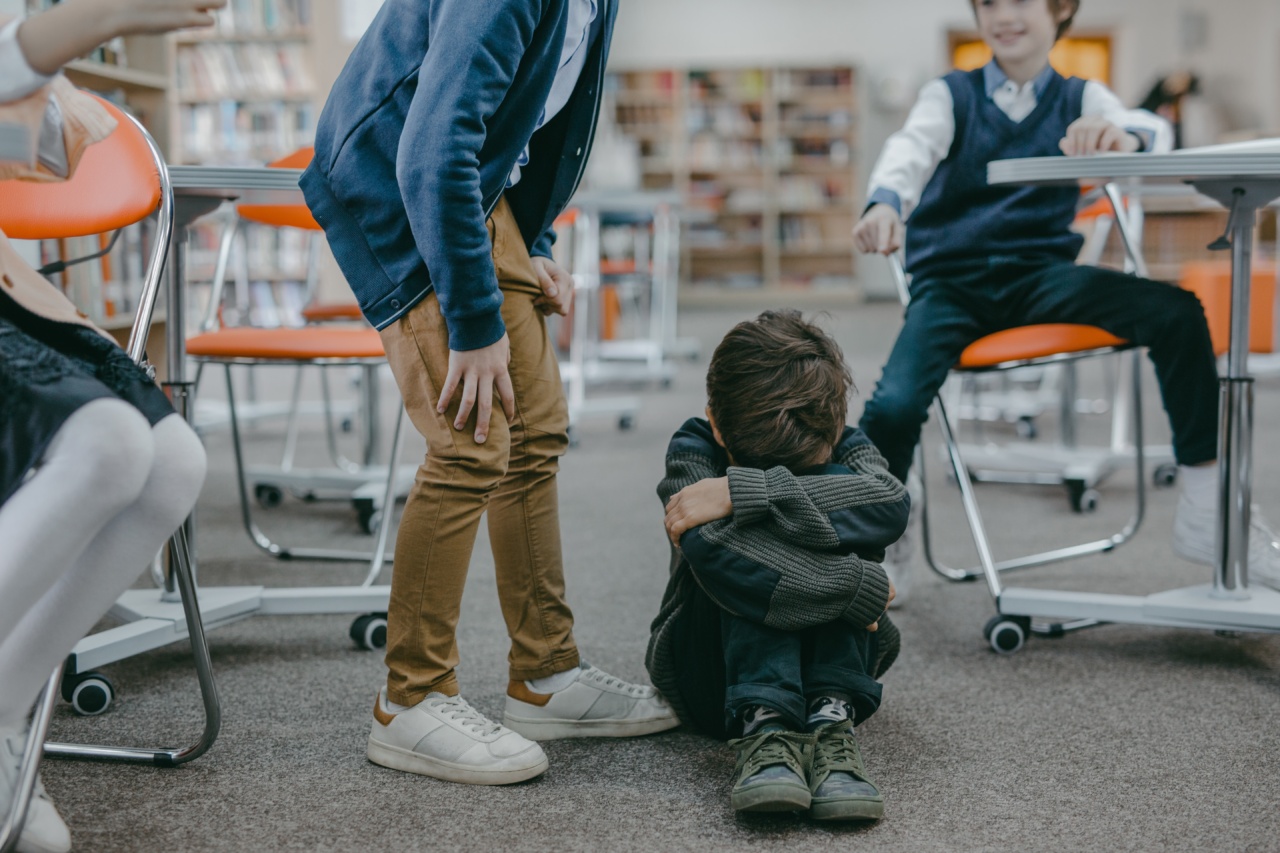Child abuse is a widespread issue that has devastating consequences on the mental, emotional, and physical well-being of children.
This article aims to explore the psychological effects of child abuse, highlighting the long-term repercussions it can have on survivors.
The Definition and Types of Child Abuse
Child abuse involves the maltreatment or neglect of a child, which can occur in various forms. The four main types of child abuse include physical abuse, emotional abuse, sexual abuse, and neglect.
Each type of abuse has its own distinct psychological impact on the child.
The Impact of Physical Abuse
Physical abuse involves the intentional use of force against a child, resulting in physical harm or injury. The psychological effects of physical abuse can manifest as fear, anxiety, low self-esteem, and aggression.
Survivors may also develop a heightened sensitivity to aggression or violence.
The Emotional Consequences of Emotional Abuse
Emotional abuse is characterized by the persistent emotional maltreatment of a child, which can include verbal abuse, constant criticism, and rejection.
The psychological impact of emotional abuse often leads to feelings of worthlessness, anxiety, depression, and difficulties forming healthy relationships.
The Trauma of Sexual Abuse
Sexual abuse involves any type of sexual activity imposed on a child by an adult or older child.
The psychological effects of sexual abuse are profound and can include post-traumatic stress disorder (PTSD), nightmares, difficulty trusting others, self-destructive behaviors, and a distorted self-image.
The Significance of Neglect
Neglect occurs when a child’s basic needs, such as food, shelter, or medical care, are not adequately met.
The psychological consequences of neglect can range from feelings of abandonment and insecurity to impaired cognitive development and difficulties regulating emotions.
Long-Term Psychological Effects
Child abuse can leave lasting psychological scars on survivors, impacting their mental health, behavior, and overall well-being well into adulthood.
Some common long-term psychological effects include increased risk of developing mental disorders such as depression, anxiety, and borderline personality disorder.
The Cycle of Abuse
Many survivors of child abuse may find themselves caught in a cycle, where they become both victims and perpetrators of abuse.
The psychological impact of their own abuse can contribute to their involvement in abusive relationships or their own abusive behaviors towards others.
Treatment and Healing
Although the psychological effects of child abuse are severe, it is essential to recognize that healing and recovery are possible.
Various therapeutic interventions, such as counseling, support groups, and trauma-focused therapies, can help survivors process their experiences, build resilience, and regain control over their lives.
Preventing Child Abuse
The prevention of child abuse is crucial in breaking the cycle and protecting future generations.
Efforts should be focused on raising awareness, providing education on parenting skills, promoting healthy family dynamics, and establishing support networks for families in need.
Conclusion
The psychological effects of child abuse are highly detrimental and can have long-lasting consequences for survivors.
Understanding these effects is critical in developing effective prevention strategies and providing support and treatment for those who have experienced abuse. It is imperative that society unites to combat child abuse and create a nurturing environment where children can grow and thrive.


























